Tuesday 29 July 2008
Afghanistan's opium
IW: I've posted before on the fate of farmers in Afghanistan.
This letter below pretty much reflects my views.
[Full disclosure: I was appointed by Norine MacDonald - a Canadian QC - of the Senlis Council to do the initial hiring of key staff for the organisation that later changed its name to the Senlis Council.]
LETTER TO IHT
Afghanistan's opium
Thomas Schweich's article "Is Afghanistan a narco-state?" (July 24) vividly illustrates the total mismanagement of current U.S. counter-narcotics strategy in Afghanistan.Thankfully, Schweich's favored policy of chemical eradication of opium crops has thus far failed to get off the ground. The herbicides used in such operations are not, as Schweich claims, harmless to humans and the environment. Moreover, chemical eradication will only exacerbate the anger that is already rising among rural farmers against U.S., NATO and Afghan government forces, pushing local Afghans further into the arms of the Taliban.Schweich's claim that Afghan farmers are "wealthy" and have the option of growing numerous alternative crops is a dangerous conclusion. In three years of work on the ground in southern Afghanistan, I have never met a "wealthy" farmer. For the majority of Afghan farmers and sharecroppers, poppy cultivation is no less than a desperate survival strategy.Afghan farmers should be allowed to grow their poppy for the production of essential medicines, such as morphine. This would provide a financial incentive to sever ties with the insurgency, while addressing the global shortage of pain-relieving medicines.
The Poppy for Medicine scheme, developed by the Senlis Council, has worldwide support. According to a nationwide poll, 66 percent of the American public would support poppy-for-medicine projects. In Europe, Poppy for Medicine won the backing of the European Parliament by an overwhelming majority in October 2007.We can use market forces to successfully combat Afghanistan's illegal drug trade and undercut the financing of the Taliban insurgency.
Norine MacDonald, Kabul president and lead field researcher, Senlis Council
http://www.iht.com/articles/2008/07/28/opinion/edlet.php
www.aplaceintheauvergne.blogspot.com
Farm Blogs
This letter below pretty much reflects my views.
[Full disclosure: I was appointed by Norine MacDonald - a Canadian QC - of the Senlis Council to do the initial hiring of key staff for the organisation that later changed its name to the Senlis Council.]
LETTER TO IHT
Afghanistan's opium
Thomas Schweich's article "Is Afghanistan a narco-state?" (July 24) vividly illustrates the total mismanagement of current U.S. counter-narcotics strategy in Afghanistan.Thankfully, Schweich's favored policy of chemical eradication of opium crops has thus far failed to get off the ground. The herbicides used in such operations are not, as Schweich claims, harmless to humans and the environment. Moreover, chemical eradication will only exacerbate the anger that is already rising among rural farmers against U.S., NATO and Afghan government forces, pushing local Afghans further into the arms of the Taliban.Schweich's claim that Afghan farmers are "wealthy" and have the option of growing numerous alternative crops is a dangerous conclusion. In three years of work on the ground in southern Afghanistan, I have never met a "wealthy" farmer. For the majority of Afghan farmers and sharecroppers, poppy cultivation is no less than a desperate survival strategy.Afghan farmers should be allowed to grow their poppy for the production of essential medicines, such as morphine. This would provide a financial incentive to sever ties with the insurgency, while addressing the global shortage of pain-relieving medicines.
The Poppy for Medicine scheme, developed by the Senlis Council, has worldwide support. According to a nationwide poll, 66 percent of the American public would support poppy-for-medicine projects. In Europe, Poppy for Medicine won the backing of the European Parliament by an overwhelming majority in October 2007.We can use market forces to successfully combat Afghanistan's illegal drug trade and undercut the financing of the Taliban insurgency.
Norine MacDonald, Kabul president and lead field researcher, Senlis Council
http://www.iht.com/articles/2008/07/28/opinion/edlet.php
www.aplaceintheauvergne.blogspot.com
Farm Blogs
Labels:
Afghanistan,
IW,
Opium
Subscribe to:
Post Comments (Atom)







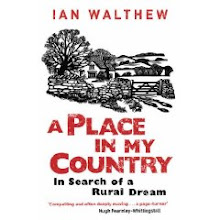



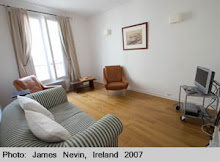

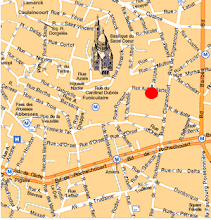


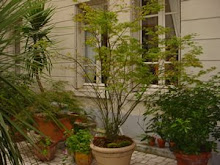
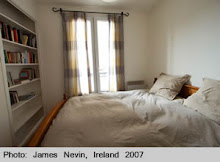



No comments:
Post a Comment